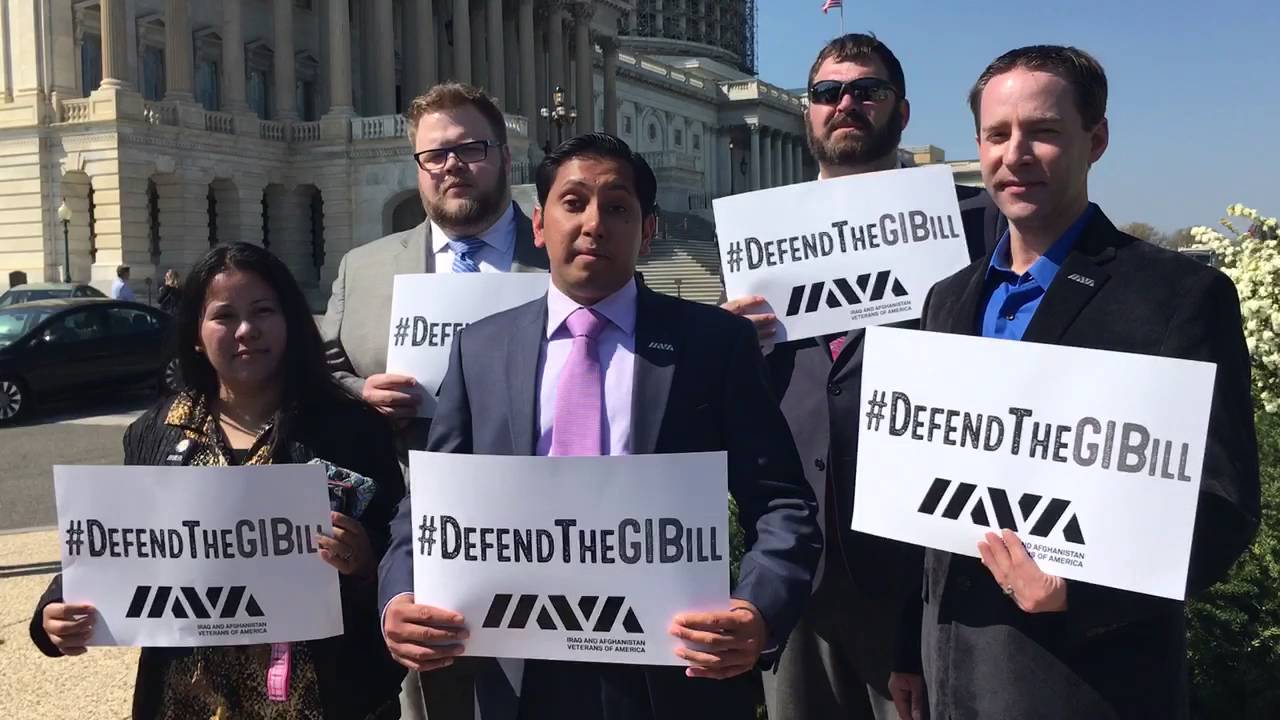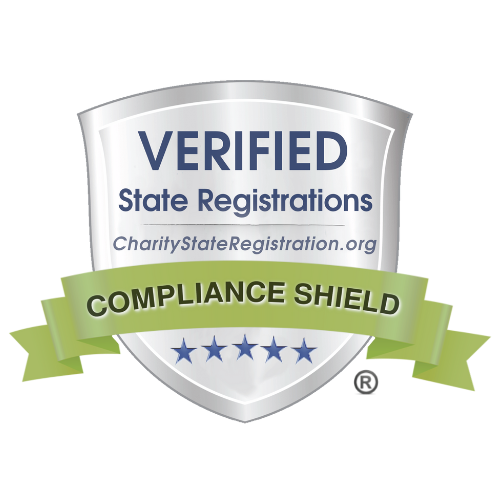IAVA | July 17, 2017
Read: IAVA Statement before the HVAC On GI Bill Legislation

Statement of Tom Porter
Legislative Director
of
Iraq and Afghanistan Veterans of America
before the
House Veterans Affairs Committee
July 17, 2017
Chairman Roe, Ranking Member Walz, and Members of the Committee:
On behalf of Iraq and Afghanistan Veterans of America (IAVA) and our more than 425,000 members, thank you for the opportunity to share our views on the legislation under consideration today. For thirteen years, IAVA has been the preferred empowerment organization for Post-9/11 veterans. IAVA’s “Big 4” Policy Priorities for the 115th Congress are to Fully Recognize and Improve Services for Women Veterans, Defend Veterans Education Benefits—particularly the Post-9/11 GI Bill, VA Reform, and Battling Military/Veteran Suicide.
I am pleased to offer our strong support for the Harry W. Colmery Veterans Educational Assistance Act of 2017 (H.R. 3218), which would significantly expand and improve the Post-9/11 GI Bill. We thank all those who worked to develop the provisions included in the bill and appreciate this opportunity to add remarks to the record of your July 17 hearing on the measure.
IAVA was a lead voice in enactment of the Post-9/11 GI Bill in direct response to the needs of our growing membership. After the Post-9/11 GI Bill gave our generation an educational benefit more in line with that of the “Greatest Generation” we learned in time that some improvements were needed for today’s veterans and worked closely with Members of Congress and a coalition of partners to develop and enact the “GI Bill 2.0.”
We know that the Post-9/11 GI Bill will continue to be a focus of Congress for better or worse, and respectfully ask that our members’ voices be given an appropriate seat at the table, as they’ve had in the past, and be invited to testify in person at future hearings that involve this important benefit.
In 2016, IAVA and other veteran service organizations fought hard to successfully defeat ill-advised Congressional attempts to pass new legislation to expand veterans programs by making cuts to the GI Bill. We then worked with others to block a proposal earlier this year that would have charged a user fee or a tax on new servicemembers to allow eligibility for their GI Bill. We now feel the Committee is on the most responsible path forward to filling important gaps in the benefit in addition to making holistic improvements to veteran education programs.
The payfor in this legislation is less than ideal, but given the totality of the components in the bill, IAVA considers the measure a net gain for veterans education. We understand that it makes sense to many that there not be separate housing allowance tracks for active military and those using the GI Bill. IAVA remains strongly opposed to previous action by Congress to reduce the military’s housing allowance by 5%. We are forever indebted to our armed forces personnel and, as they remain deployed around the world in our name to unfriendly places, we should absolutely not be asking them to pay out of pocket for their housing. IAVA calls on you to work with your colleagues to restore the full housing allowance for our military.
IAVA supports or raises no objections to nearly all the components of the measure. Of the key provisions we support, we thank the committee for adding the Sec. 103 provision to provide Purple Heart recipients full GI Bill eligibility regardless of time served, and we appreciate the Sec. 108 provision to extend the Yellow Ribbon program to Fry Scholarship recipients. Those servicemembers and families who have sacrificed so much are well-deserving of these benefits.
Members of the Reserve and Guard components should not be treated differently from their active duty counterparts and precluded from earning Post-9/11 GI Bill eligibility or the Vocational Rehabilitation and Employment program when serving on certain active duty orders. Secs. 101, 401, and 402 remove this inequity and IAVA strongly supports their inclusion.
IAVA recognizes that some servicemembers may have certain obligations or life goals after separation from the military that preclude them from using their Post-9/11 GI Bill within the 15-year time limit. If a servicemember puts in the time and sacrifice to earn the full benefit, they should not be punished by having to make a “use it or lose it” decision because the government says he or she should. Sec. 111 is a welcome provision to ensure the ability to use the benefit when it is best for the veteran, not when it is best for the government.
IAVA remains concerned that many schools do not have veterans’ education outcomes at heart when they recruit them and the generous education benefits they bring with them. When some of these for-profit schools close – sometimes mid-semester – it causes enormous disruptions and loss of GI Bill benefit for that semester for many student vets. This gap in the law is wrong and needs to be corrected. Sec. 107 makes this badly-needed correction. However we encourage the Committee to return the entire GI Bill benefit used at the closed school if the school’s credits are not able to be transferred. If a veteran uses his or her GI Bill benefit at one of these failing schools, and as a result of that closure their credits are useless, the veteran should not be penalized.
In this same vein, a key change IAVA continues to support is closing the “90/10” loophole, which rewards poor-performing schools that intentionally target veterans for their education benefits. Currently, no more than 90% of a for-profit school’s revenue can be generated by federal funds, thus requiring them to prove their value for the final 10% through the free market. However, because the law was written to exclude federal GI Bill benefits from the 90%, the legislative intent has not been realized and problems continue to persist, creating a loophole. This loophole could be closed by simply including VA and DoD education benefits in the category of “government funds.” We strongly encourage the inclusion of such a provision.
Again, thank you for working to develop the Harry W. Colmery Veterans Educational Assistance Act of 2017. Please let me know if you have any questions about our position with regard to this legislation.





